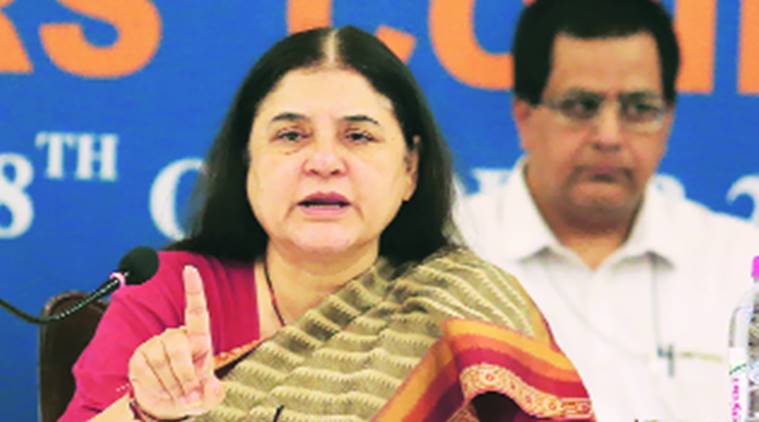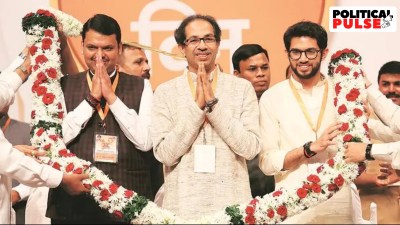- India
- International
Budget Session 2017: Lok Sabha passes Maternity Bill
Women in organised sector allowed 26-week maternity leave for two kids.
 This will help thousands of women and produce much healthier kids: WCD Minister Maneka Gandhi
This will help thousands of women and produce much healthier kids: WCD Minister Maneka Gandhi
Women in India’s organised sector workforce will get paid maternity leave of up to 26 weeks, up from the existing 12 weeks, under the Maternity Benefit (Amendment) Bill, 2016, that was passed in the Lok Sabha on Thursday. The law will help 1.8 million women in the organised sector, but over 90 per cent of the country’s female workforce that is in the unorganised sector will not get the benefit. It will be applicable to women working in Special Economic Zones too, Labour Minister Bandaru Dattatreya said.
The new law will apply to all establishments employing 10 or more people and the entitlement of 26 weeks’ leave will be allowed for the first two surviving children of a woman. For the third child, the paid leave entitlement will be of 12 weeks.
Of the 26 weeks of leave, a would-be mother can take eight weeks before the due date of delivery and the remaining after that.
In case the woman expects to become a mother for the third time or more, she can take a maximum of six weeks’ leave before the delivery date.
The amended Bill extends paid maternity leave to women who adopt a child aged three months or less, as well as commissioning mothers who have a child through surrogacy. In both cases, the paid leave will be for 12 weeks. The 12-week leave will be calculated from the date the child is handed over to the adoptive parent or the commissioning mother.

For all the above cases, after a mother has exhausted her maximum maternity leave entitlement, she may work from home if the nature of work allows her to. The Bill states that employers must accommodate her request to do so on mutually agreeable terms.
Making child care a collective responsibility, the Bill requires all establishments with 50 or more employees to provide crèche facilities within a prescribed distance. All women employees have to be allowed to visit the crèche four times a day.
Organisations would have to ensure that they communicate to their female employees all the rights guaranteed under the Act in writing at the time of appointment.
During the passage of the Bill in the Lok Sabha, several members pointed out the exclusionary aspect that deprived women in the unorganised sector. Some also argued that crèche facilities be made mandatory, irrespective of the number of employees in a company.
A few MPs sought up to 12 weeks of paid paternity leave. The Centre has been silent on paid paternity leave in the private sector. Many have argued that such a move could prove significant to offset the skewed gender distribution in unpaid domestic work when many urban children grow up in nuclear families.
The Central Civil Services Leave Rules, 1997, provides men in government service — biological as well as adoptive fathers —15 days of paid leave that can be merged with any leave. A few private sector companies grant paternity leave for a week or two on their own.
The amendment to the existing Bill, passed by the Rajya Sabha over six months back, was introduced by the Ministry of Labour & Employment at the insistence of the Ministry of Women and Child Development.
Apr 20: Latest News
- 01
- 02
- 03
- 04
- 05






































